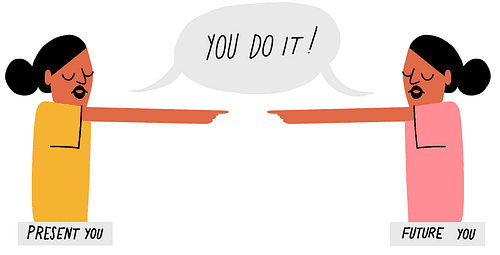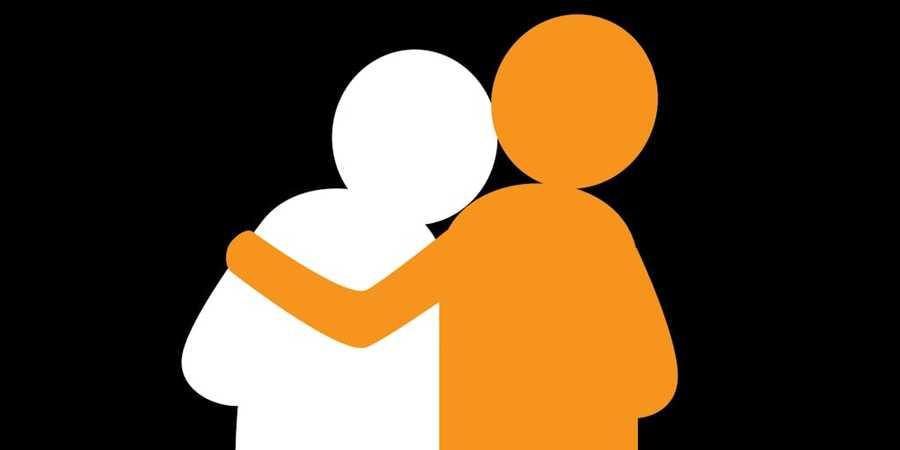It's Called Psychological Reactance
You are not alone. In fact, this angry reaction is one of the reasons why our efforts to reach our goals can fall short or even backfire. When people feel that their choices are restricted, or that others are telling them what to do, they sometimes rebel and do the opposite.
Scientists have a term for this: psychological reactance. Psychological reactance is our brain’s response to a threat to our freedom. Threats to freedom include any time someone suggests or makes you do something. Health communication experts note that reactance sometimes happens in response to health campaigns that tell people to quit smoking . Rather than reducing smoking behavior, these ads sometimes cause people to want to smoke more!
48
349 reads
The idea is part of this collection:
Learn more about personaldevelopment with this collection
How to adapt to different speaking situations
How to engage with an audience
How to use body language effectively
Related collections
Similar ideas to It's Called Psychological Reactance
Why we do the opposite of what we are supposed to do
We hate the feeling of being bossed around, even when doing as we’re told is good for us.
Psychological reactance is our knee-jerk negative reaction to being told what to do.
Based on research, almost everyone has this mental reflex against being told what to do, esp...
Why Some People Turn Red
Our minds see embarrassment as a threat, as do our bodies.
A unique feature of the veins in your face and neck is that they are equipped to respond to social threats. Though embarrassment isn’t the only cause for our face turning red (guilt, shyness, or shame can also trigger this) ...
Types of empathy
There are different types of empathy that a person may experience:
- Affective empathy involves the ability to understand another person's emotions and respond appropriately. Such emotional understanding may lead to someone feeling concerned for another ...
Read & Learn
20x Faster
without
deepstash
with
deepstash
with
deepstash
Personalized microlearning
—
100+ Learning Journeys
—
Access to 200,000+ ideas
—
Access to the mobile app
—
Unlimited idea saving
—
—
Unlimited history
—
—
Unlimited listening to ideas
—
—
Downloading & offline access
—
—
Supercharge your mind with one idea per day
Enter your email and spend 1 minute every day to learn something new.
I agree to receive email updates

